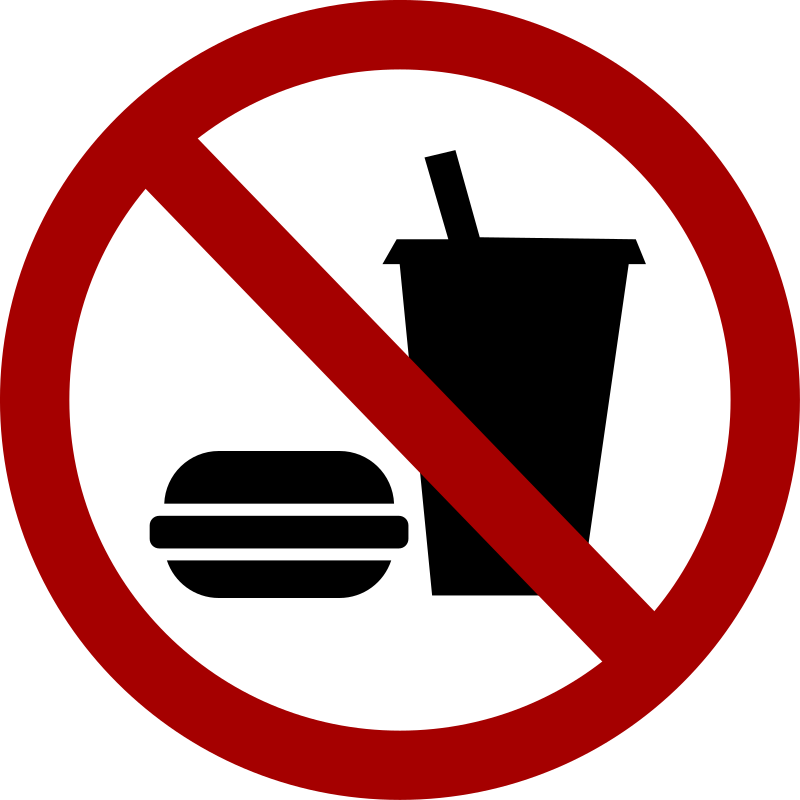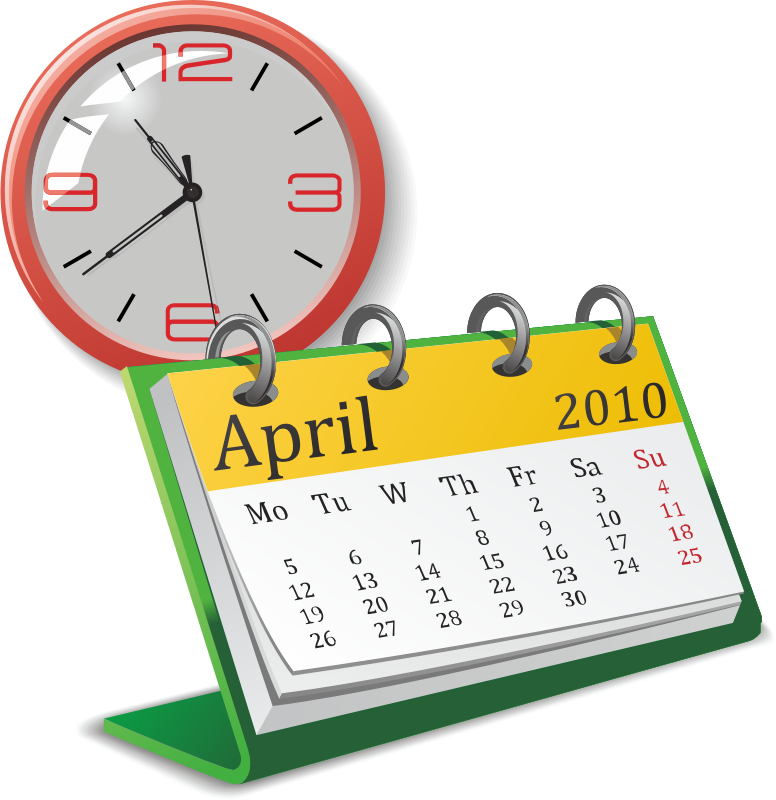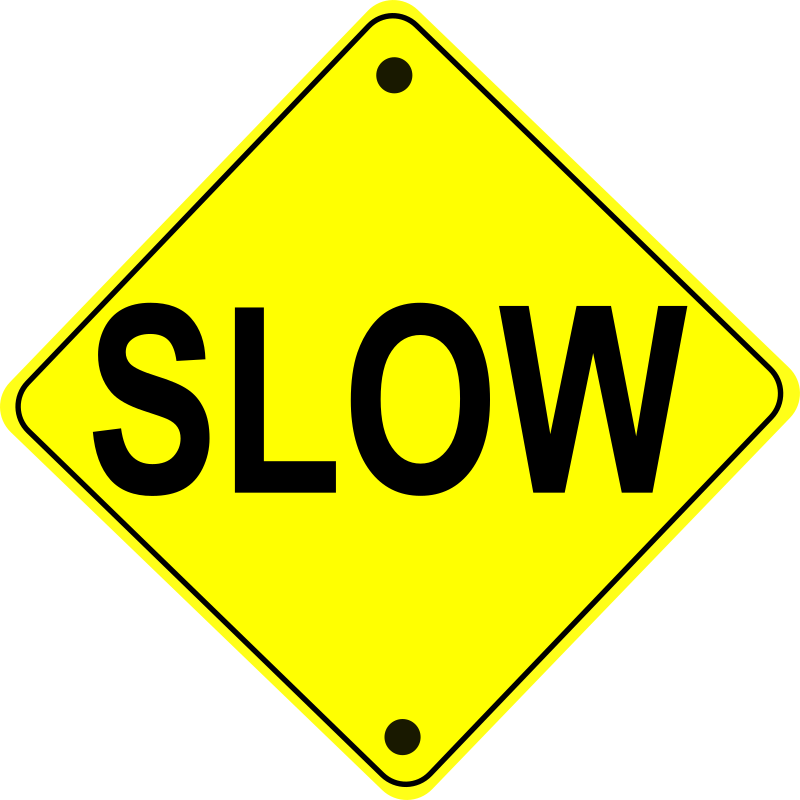Are stories the oldest known form of art created by mankind? Possibly. It predates writing and, anthropologists believe, even cave paintings. Before man learned how to paint his stories on the wall, he probably spoke them around the fire. Maybe even before they knew there was fire. Storytelling is so very old, there's no way to know how really old it is. And if you're an author, or want to be, you're a part of that proud tradition.
Super Ancient Storytelling
Storytelling has been a part of most ancient and modern cultures who have inhabited the Earth. Before writing was invented, stories could be told through pictures and symbolism. Images were carved into wood, bone, rock, leaves, tablets and on fabric before it was put on paper.
When you think about it, storytelling is still everywhere. Movies, TV shows, even video games tell a story. Songs tell stories. Even a single tweet may tell an entire story. (Example: Woke up. Felt sick. Went back to bed).
Storytelling may be as old as man himself (homo sapiens have existed for about 5 million years). Writing is a bit newer than that...but it changed storytelling for ever.
Recorded Storytelling
Images that represented fragements of a story evolved from the first oral tales. From these images, writing began to develop. Each letter, or symbol, stands for letters or a series of letters (depending on the writing). Thanks to this art form, another was preserved in immortality: storytelling.
The first writing came into reality only about 10 thousand years ago, and was highly pictorial in nature with complex symbols. The oldest writings (that have survived) were put into stone so that they would last...and some of them did. This is because even ancient cultures recognized the need to preserve their stories, a practice that mankind still enjoys with great passion.
Clay tablets became the popular method for preserving writing a little later, about 5 thousand years ago. But really, we have the ancient Egyptians to thank for inventing the modern-day book. They created papyrus, the first paper, and used thin sheets of material to preserve their writings. Egyptians even invented the first quill pens: they used sharpened reeds and bird feathers as writing tools. Egyptians put together the very first papyrus books, which were really long scrolls.
China invented their own form of paper, and actually printed their own books to spread more writings among its people. Rome produced books as early as 1 BC. In fact, ancient Rome had libraries as early as 377.
Storytelling is an art that mankind has been practicing for thousands, maybe millions, of years. And like any art form, it can never be perfected. It can only become more modern, and continue to evolve. After all, you wouldn't draw your stories on a cave wall...and those ancient storytellers wouldn't have conceived of a way to tweet about their books. So remember that you're an artist, and like any good artist you have to find what works best for you in terms of storytelling. Be proud. You're a part of a long history.












.jpeg/714px-Cave_painting,_Anthropos_(1).jpeg)










